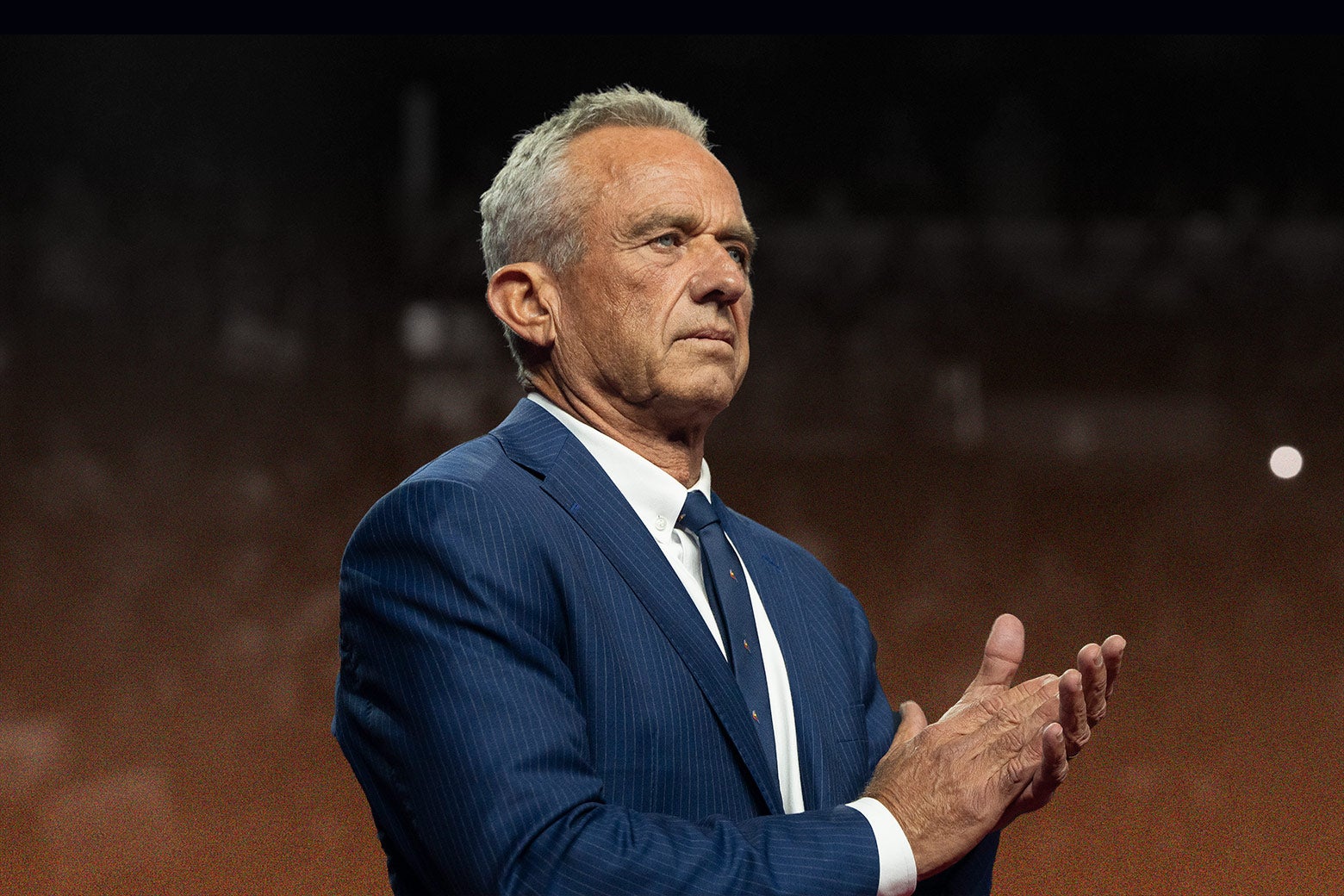Politics
Trump’s Disturbing Promise to Attract Undecided Voters

In the lead-up to the 2024 presidential election, Donald Trump and Kamala Harris are vying for the attention of undecided voters, each with contrasting strategies. Harris recently articulated her campaign’s closing message, positioning Trump as a candidate intent on using military force against his adversaries, while she, conversely, aims to embody the traditional Democratic approach to governance.
Meanwhile, Trump has taken a more controversial route. Howard Lutnick, a finance executive and co-chair of Trump’s transition planning team, made headlines on CNN by suggesting that if Trump were to win, Robert F. Kennedy Jr. would gain access to sensitive government data that could potentially jeopardize vaccinations by removing them from the market. Kennedy, who has long propagated the debunked link between vaccines and autism, has a history of involvement in anti-vaccination campaigns, notably one in American Samoa that resulted in numerous deaths from measles.
At a recent event with Tucker Carlson, Trump announced that Kennedy would be appointed to focus on health and women’s health. This choice raises significant concerns given Kennedy’s checkered past, including publicized instances of infidelity and accusations of inappropriate conduct towards women. Despite denying any wrongdoing, his past maintains a troubling reflection, particularly in the context of the women’s health agenda.
During the same event, Trump made remarks targeting Liz Cheney, the former Republican representative who has turned against him in the wake of the January 6 Capitol riots. Trump suggested a violent metaphor directed at Cheney, criticizing her as a ‘radical war hawk’ while invoking imagery of her being threatened—a statement that crosses into dangerously aggressive rhetoric.
As Harris’s team focuses on winning over moderate women voters in these final days of campaigning, Trump’s approach appears to diverge drastically. His campaign seems less concerned with resonating with this demographic and more preoccupied with dramatizing political conflict, perhaps underestimating what undecided moderate women truly seek in a candidate. Such divergent strategies highlight the fraught landscape of this election cycle, as each candidate strives to consolidate support in their own distinct manner.
